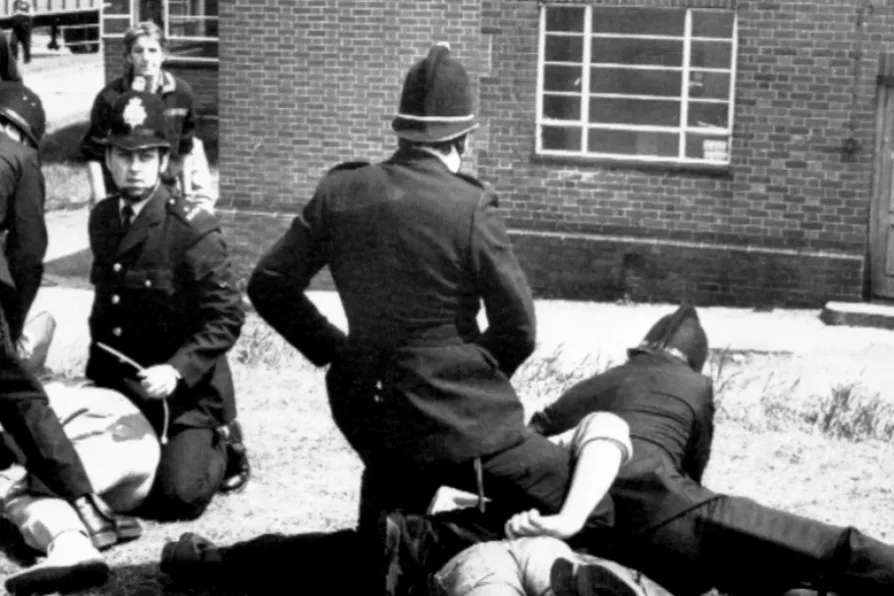RICHARD BURGON MP speaks to Ben Chacko about the Labour right’s complicity in the Mandelson scandal and the need for a total break with Starmerism if the party is to defeat Reform

 Police violence during the miners' strike
Police violence during the miners' strike
SINCE the coal industry was privatised in 1994, successive governments have creamed off £7 billion in surpluses accrued by the two pension schemes covering workers in the industry.
When the remains of the coal industry were privatised, an agreement was struck with the government under which it would underwrite any future losses. In return the pension funds had to share any surpluses the funds accrued 50-50 with the government.
At the time that this arrangement was entered into by the pension fund trustees it was thought by the government of the day that this would be a good deal as it could expect to receive £2bn from the pension schemes over the first 25 years.

The Home Secretary’s recent letter suggests the Labour government may finally deliver on its nine-year manifesto commitment, writes KATE FLANNERY, but we must move quickly: as recently as 2024 Northumbria police destroyed miners’ strike documents

STEVEN ANDREW is moved beyond words by a historical account of mining in Britain made from the words of the miners themselves












